The Lahore Literary Festival: A festival of questions
The Lahore Literary Festival (LLF) returned to the Alhamra Art Centre from March 18-20 with its 10th edition. A mostly in-person event, it was appreciably welcomed after the previous year’s online fest.
The pandemic has been catastrophic across the world and it was often worse in Third World countries such as ours. At the same time, it has made people realise that physical interaction in real time has no substitute, and that humans are wired to more senses than what our digital gadgets can accommodate.
Certainly, litfests are about books and discussion on literature, but they are also important occasions for festivity, where the usual suspects come just to hang out. One mostly finds, or meets, such persons only on such occasions.
March has never before been this hot in Lahore. Heralding the spring season and bringing the green back to winter-ridden flora, it is generally a pleasant month, with the fresh fragrance of new blooms and more force in the winds. This year, however, it was surprisingly different, as the temperature hovered around the mid-30s Celsius. Yet, despite being forced to seek the shade, people came in droves to attend the LLF.
Despite the unseasonably warm weather, the Lahore Literary Festival’s return to an in-person event showed that festival audiences still prefer physical over digital interaction
Litfests bring people together and give them a chance to meet. They are also places where questions are raised and attendees find opportunities to deconstruct ideas, ponder over them and explore new vistas of thought, within themselves as well in society.
In this edition of the LLF, if one looks for what’s new — at least for this writer — there was a streak of questions whose answers were, in some cases, provided by the panellists while, in other cases, one found a chance to explore oneself.
In the session ‘Writing Our Stories: Decolonising Lives’, questions were raised about what exactly constituted decolonisation. British-of-Pakistani-origin artist, designer and writer Osman Yousefzada — author of The Go-Between: A Portrait of Growing Up Between Different Worlds — said decolonisation, for him, surrounded working-class women in a patriarchal world, with the great matriarchs challenging the patriarchy.
For Vietnamese novelist Nguyen Phan Que Mai, the world had a microscopic view of Vietnam which has a history going back over 4,000 years. Her decolonisation started with her name, hard to remember for Westerners, and especially for English readers of her novel The Mountains Sing, but she was ready to pay the price. It continued with giving Vietnamese stories the central stage in her writings, where Americans had no voice.
Osman Siddiqui, author of the novel Snuffing Out the Moon, related that he had been told by his book’s editors to emphasise certain things in order to lure Western audiences, but he refrained from doing so. He had an interesting view about writing in the language of colonisers — English, in the case of Pakistan. Why choose English as the language of his fiction was a question he was frequently asked, he told the audience. However, to him, writing in English was actually an act of defiance.
His ‘English’ language was influenced by Pakistani languages, Siddique argued. One wonders if this is a case of mimicry, as explained by Indian scholar Homi K. Bhabha, or if one has to resort to Bhabha’s concept of hybridity, especially if the writer — Siddique, in this case — has had exposure to an English-speaking country.
The questions of colonialism and language also appeared in the session launching The Inn, a novel by Maniza Naqvi, who wondered whether Pakistani writers had come out of colonialism or not. She said that we ourselves colonise the people around us with the simple act of giving more importance to conversations that are conducted in the English language. “We are unaware of the stories written in our own languages,” she lamented.
Journalist Mujahid Barelvi, at the launch of Ammar Ali Jan’s book Rule by Fear: Eight Theses on Authoritarianism in Pakistan, asked why Pakistani leftists could never unite in their struggle for common objectives. Jan replied that the Left in Pakistan was regularly disorganised through conspiracies and a scattered fight was still being waged in various parts of the country, but all groups needed to get united.
At the launch of his book Making a Muslim: Reading Publics and Contesting Identities in 19th Century North India, economist and historian S. Akbar Zaidi left the audience a little bewildered with his stance about the status of Sir Syed Ahmed Khan, portrayed in our history as an educationist.
In conversation with journalist Khaled Ahmed, Zaidi said, “Calling Sir Syed an educationist is bullsh*t,” and argued that the objective of the college established in Aligarh, India, was to create job opportunities, not knowledge. Zaidi said that, in Aligarh College in the 19th century, there was no space for Urdu.
“Ghalib was not taught and you could not talk about Urdu poetry. Instead, Keats was taught. There was a Union Club and an English Debating Club,” he said.
Zaidi also challenged the idea of a Muslim in the Subcontinental context, where religious and sectarian identities came after the start of the British Raj, saying that multiple sects — such as Deobandi, Barevli and Ahle Hadith, which have sometimes turned violent against one other in contemporary Pakistan — did not even exist before the British arrived.
Historian Ayesha Jalal raised some basic questions about Partition and the kind of Pakistan its founder, Quaid-i-Azam Mohammad Ali Jinnah, had wanted. Saying that people confuse Pakistan with Partition, she argued that Jinnah “wanted a Pakistan with a federal arrangement. Belatedly, he said that if not a confederation, then a treaty arrangement should be made in matters of common concern.” She rejected the common perception that Pakistan was created for religious, rather than political reasons.
Writer and scholar Nasir Abbas Nayyar moderated the session Urdu Shaeri Mein Naya Kia Hai? [What is New in Urdu Poetry?]. With a group comprising emerging as well as comparatively senior poets, he explored fresh trends in poetry and creative poetic processes.
In the session ‘Urdu Nasri Nazm’ [The Urdu Prose Poem], poet Tanvir Anjum made an interesting observation when asked about the genre. She noted that such questions, about the very validity of the prose poem, were asked in Lahore and not in Karachi, implying a difference in the level of understanding of new poetic trends in the two main literary centres of the country. It’s worth pondering why a discussion that ended about half a century ago in Karachi is still going on in Lahore. Is Lahore that far behind the former capital of Pakistan?
The matter of difference between the two cities, especially regarding litfests, was also raised by S. Akbar Zaidi, who expressed fondness for the LLF, saying he considered it better than the Karachi Literature Festival (KLF) because of the diversity of the topics in the sessions. Lacking exposure to the KLF, I can’t judge the legitimacy of Zaidi’s statement, but a visitor from Karachi, publisher Hoori Noorani, tried to deconstruct what Zaidi had stated. Noorani said the KLF was more literature-centric with a stronger focus on the Urdu language as compared to the LLF.
In her short lecture, Egyptian fiction writer Ahdaf Souief talked about suppression in her country and curbs on social and mainstream media, where a simple retweet could land you in prison for years, or make you disappear. Soueif said the regime in Egypt was involved in borrowing heavily from other countries to purchase arms, construct large buildings and produce films and songs merely to show off, while ignoring rising poverty. As she spoke, the audience must have been left wondering whether she was talking about the Egyptian or Pakistani regime.
Meanwhile, in the session ‘Writing: Its Promises and Disappointments’, novelist Mohsin Hamid discussed the shrinking of space for writers and the media in Pakistan. From this year’s LLF schedule, it was evident that the panels on politics and current affairs that one used to see frequently at litfests are no more. There was almost nothing political in the schedule this time round and any chance of talking politics with activist Tariq Ali and journalist-businessman Najam Sethi was lost as their session, ‘Streetfighting Years’, was cancelled at the eleventh hour.
The bookstalls, too, were fewer this year. The food court was smaller. The weather was hotter. Still, people came and made the LLF 2022 a success. Covid-19 is still on the rampage in many countries, so managing to bring delegates from abroad was also quite a feat. Well done to the organisers, participants and attendees for making it all happen.
The writer is a member of staff. He tweets @IrfaanAslam
Originally published in Dawn, Books & Authors, March 27, 2022





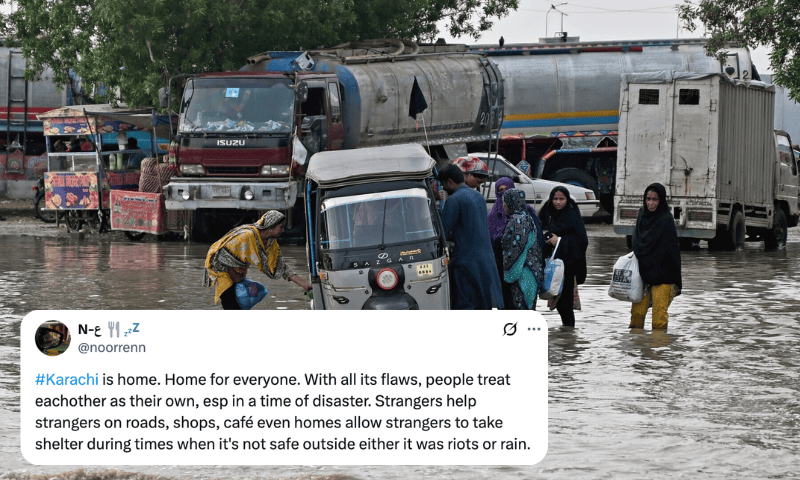


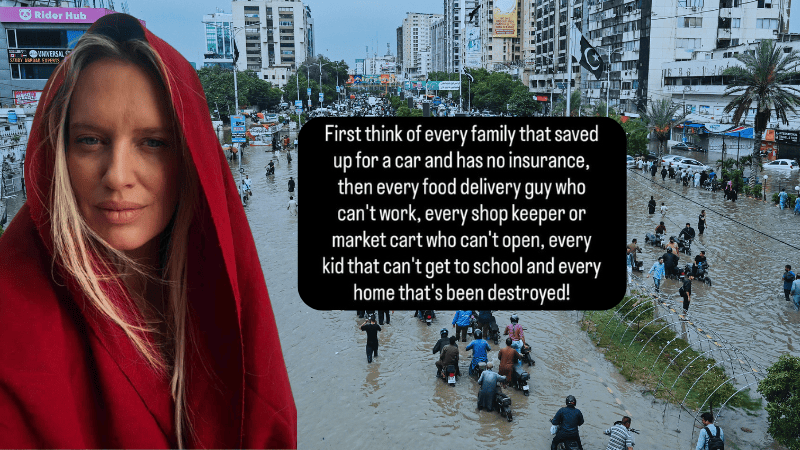

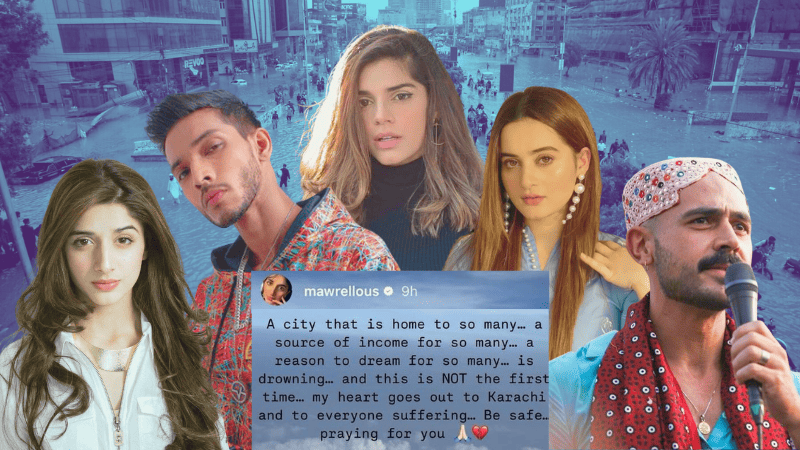
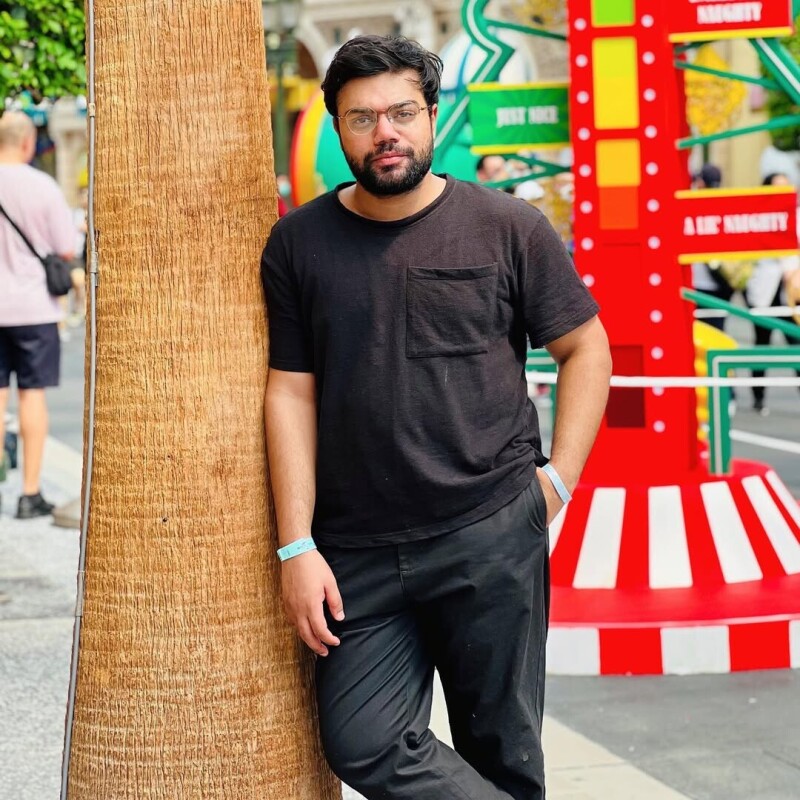
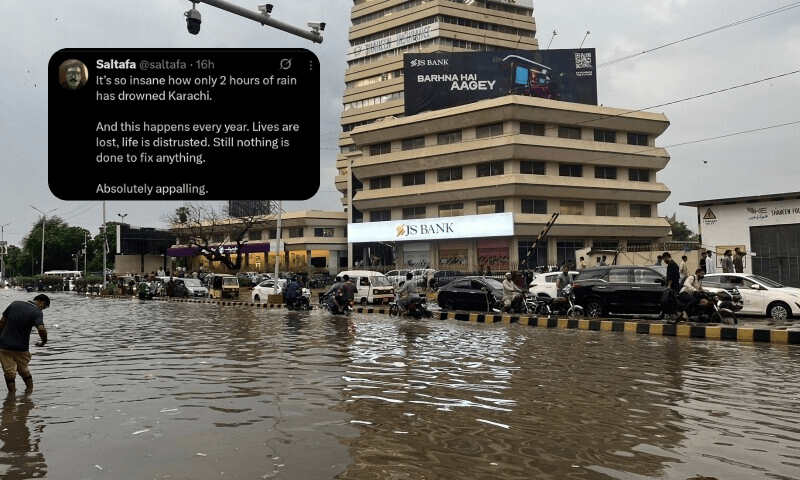
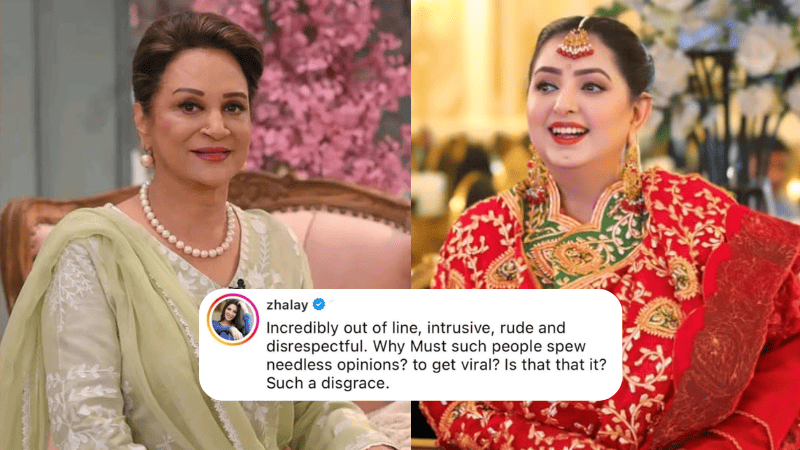
Comments